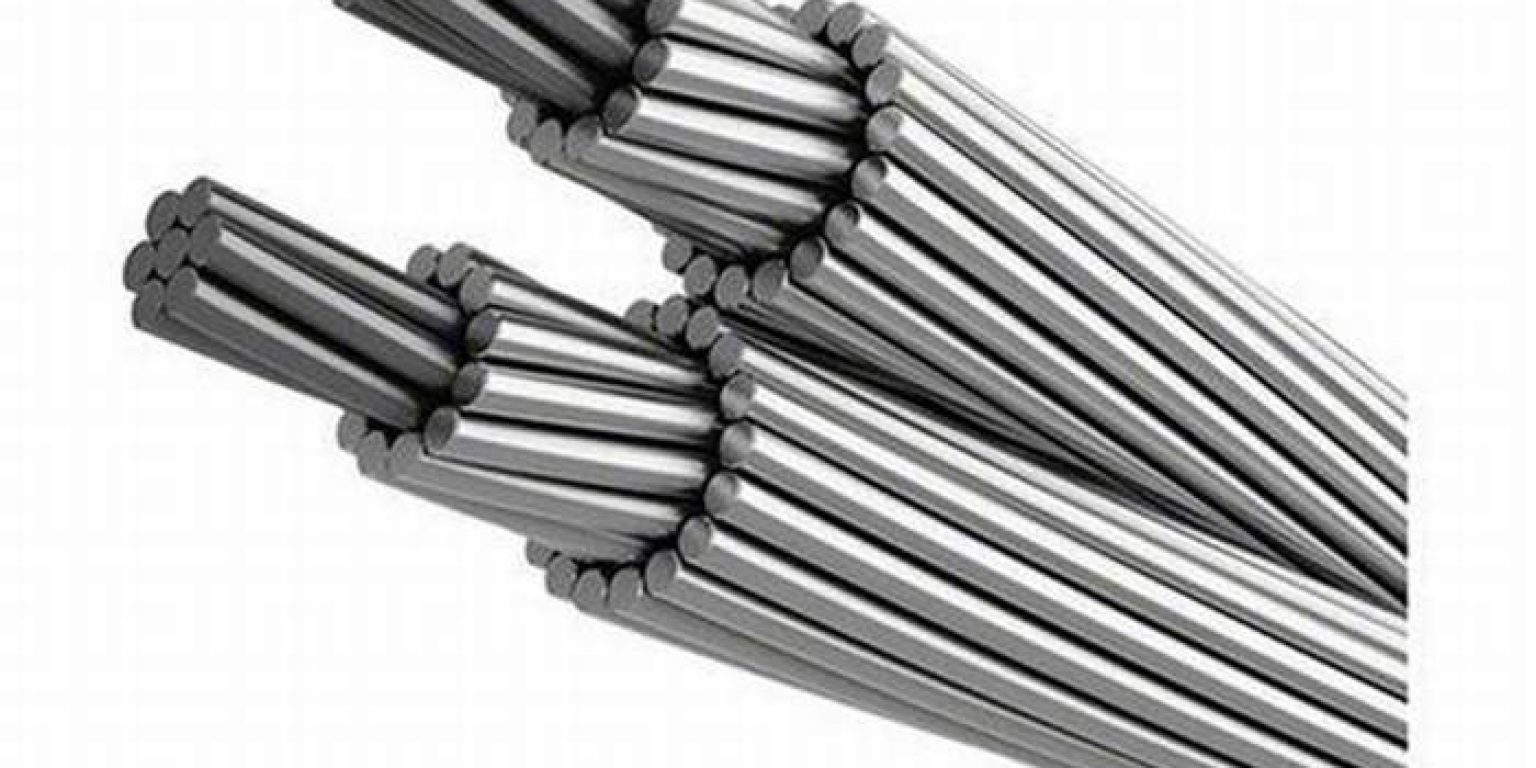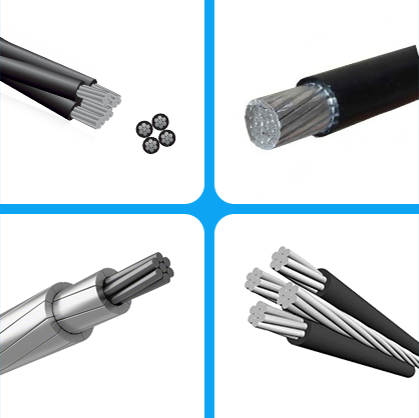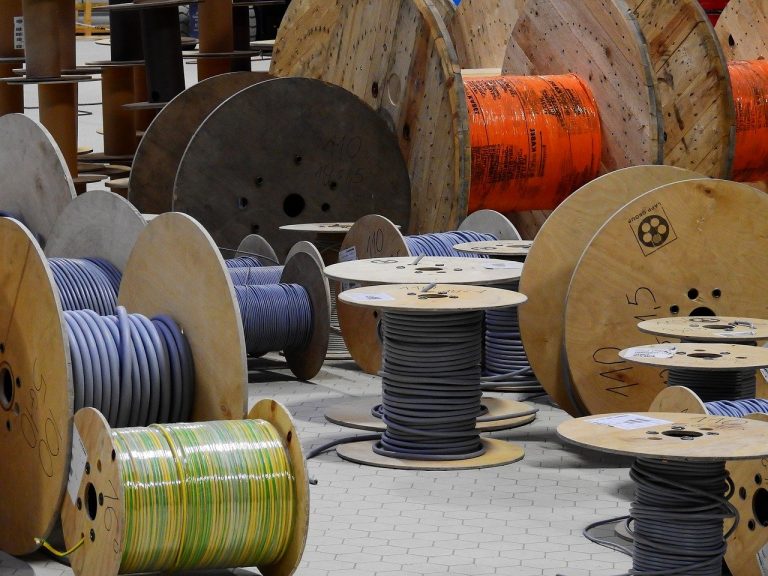An overhead cable is arguably one of the most popular electrical cables. We often see it meandering seamlessly above residential houses, yet we pay no attention to it. Generally, this type of cable transmits data or electrical power across various residential buildings. Considering that electricity and data carry significant value in modern-day society, you ought to be highly acquainted with an overhead power cable.
We all need electric power and information to live comfortable lives in today’s society. To gain access to them, you most likely need an overhead line cable. Unfortunately, finding one that suits your specific needs is a complex process. Like other electrical cables, there are several factors that you need to consider when choosing an ideal option. This article seeks to give you answers to some critical questions concerning an overhead wire.
Essentially, this post seeks to provide expert guidance on everything concerning overhead cables. For instance, what these cables are made of, whether they bear any significant risks, et cetera.
Point to note: I wouldn’t be fair to you if I fail to mention that at the end, the article provides an insightful comparison between overhead and underground cables.
1. What is an overhead electricity cable?
An overhead cable is an electrical cable that is typically strung high above the ground using utility poles. In most instances, this electrical cable comes in handy when transmitting electrical power and data. Unlike most electrical cable types, this cable type is common, especially in congested residential areas. Its popularity primarily stems from the fact that they are a less expensive alternative to underground cables.
Dissimilar to most electrical wires, an overhead electrical cable is made using aluminium. As I indicated earlier, this cable type is strung high above the ground. Therefore, air offers a considerable proportion of the insulation required. It requires less insulation than underground cables, making it the most inexpensive electrical cable in the market. That being said, you need to note that there are several overhead cable types.
Choosing an ideal cable for your overhead application requires some severe considerations, especially because choosing the wrong cable type often has some profound implications. Generally, the three core parameters for the selection of an overhead power cable are;
- The electrical conductivity of the cable
- The cable’s tensile strength
- The overall density of the electrical cable
The most common type of overhead cable is the bare aluminium cable. It often comes in handy when dealing with electric power transmission over long distances. If you intend to perform an extra-high voltage installation over a long distance, this cable type is ideal for you.
2. Why is aluminium used as an overhead cable?
Are you wondering why manufacturers use aluminium instead of copper, which is a better conductor of electricity? Well, the answer is pretty simple. First, aluminium is lighter than copper, which makes it an ideal option for a strung cable. Heavy cables would cause unfathomable strain on the utility poles, which are often wood-based. Logically, any stress on the utility poles will cause them to condescend, thereby lowering the overhead cable to an unsafe distance from the ground.
Secondly, aluminium is cheaper than copper. Generally speaking, an overhead wire is often used over extremely long distances. Consequently, it is more logical to use a cheap conductor that minimizes the cost of the cable. Nevertheless, it is necessary to recall that the construction of an overhead cable using aluminium demands a conductor with a bigger diameter.
The primary reason for using a more prominent diameter conductor is that aluminium has a lower specific conductivity rate than copper. Increasing the conductor’s diameter elevates the overall conductivity of the cable immensely. This is especially important because the utmost valuable purpose of the wire is to transmit current over considerable long distances. Do you intend to carry out any long-distance power or data transmission application? An overhead line cable will undoubtedly serve you better than any other cable type.
3. What is the meaning of Overhead cable?
Generally, the term ‘overhead’ means above the level of the head or in the sky. So, in simple terms, an overhead cable is any cable that you can install above your head in the sky. Anyone who lacks electrical cable expertise may assume that any electrical wire is suitable for overhead installations. Such an assumption is wrong. Several critical features of an overhead electric cable make it ideal for ‘in the air’ setups. Any attempt to use a standard wire in place of an actual overhead one will not end in a good way. Here are some crucial features of overhead cables;
Conductor Material
For a long time, copper was also one of the materials for overhead power cables. However, in recent times, aluminium has supplanted copper as the ideal conductor material. This change is primarily attributed to aluminium’s affordability and its relatively lightweight. These two features bear much significance for the cables in question.
The conductivity of aluminium is generally about 50% lower than that of copper. Nonetheless, manufacturers make up for this inadequacy by using a greater diameter of the conductor. As is the case with standard cables, an increase in the diameter of a conductor raises its overall conductivity. So, even though aluminium is a relatively poor conductor, the overall conductivity of an overhead cable is pretty high. Other critical features of this cable type include;
- High tensile strength to withstand the extreme mechanical stress associated with above the ground installations
- Relatively less weight per unit volume compared to underground cables
- Low cost of the wire without any compromise on its critical properties
4. Are Overhead Cables Dangerous?
Yes, overhead cables are dangerous if you fail to carry out the installation in the proper manner. Over the years, several fatalities and injuries have occurred due to individuals coming in direct contact with a live overhead wire. Such situations often arise when people work with high vehicles and long equipment close to overhead installations.
It would be best to avoid working close to a live overhead cable To avoid such unfortunate scenarios. Nonetheless, if you have to work in such an environment, switch off any power transmission. Generally, there are systems alongside these cables that enable you or any other operator to control power transmission.
5. Overhead cables vs. Underground cables
Generally, electrical power is transmitted either via an overhead electrical cable or an underground cable. Each of these cables has its advantages and disadvantages depending on your intended application. When selecting which one to use, you need to consider four critical factors, namely;
- Your voltage needs
- The overall cost of the cable you need
- The safety requirements of your intended application
- The type of application you have in mind
An overhead cable is less costly and easy to install, troubleshoot, and upgrade than an underground cable. It is also vital to note that overhead-type wires can transmit extremely high voltages compared to the more expensive and challenging to install underground cables. Nonetheless, the underground option has its advantages in certain instances. This is why you always find that most people combine these two cables in some applications when the need arises. ZW Cable is a professional overhead cable manufacturer, we will help you choose the right cable and overhead cable price.
Last Updated on June 23, 2022 by Richard




